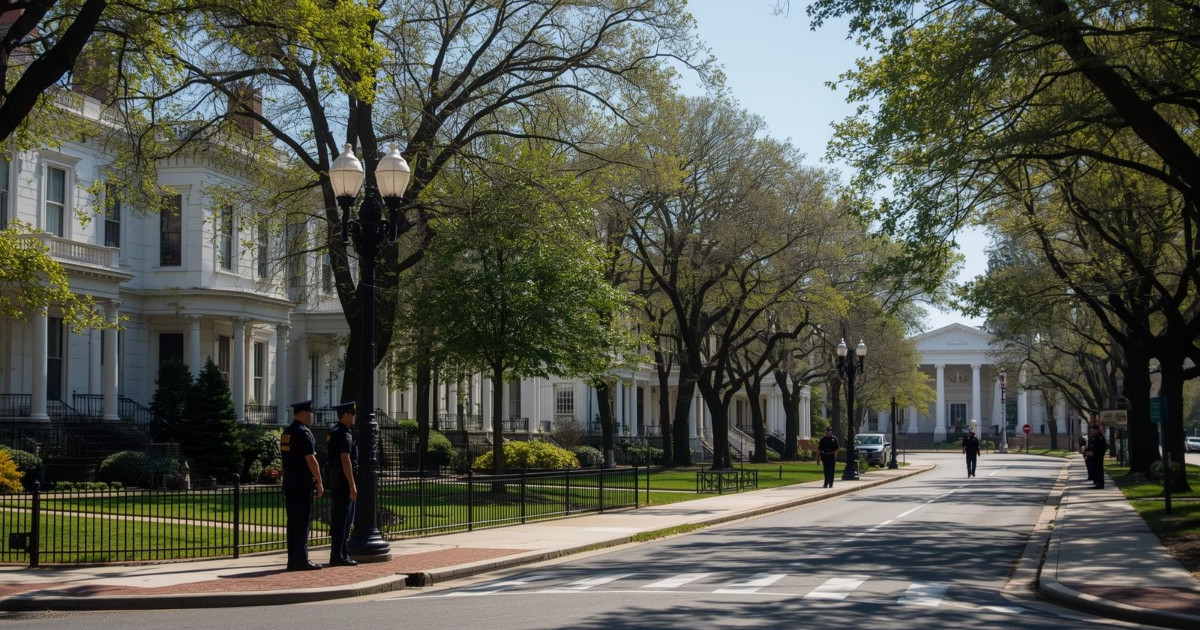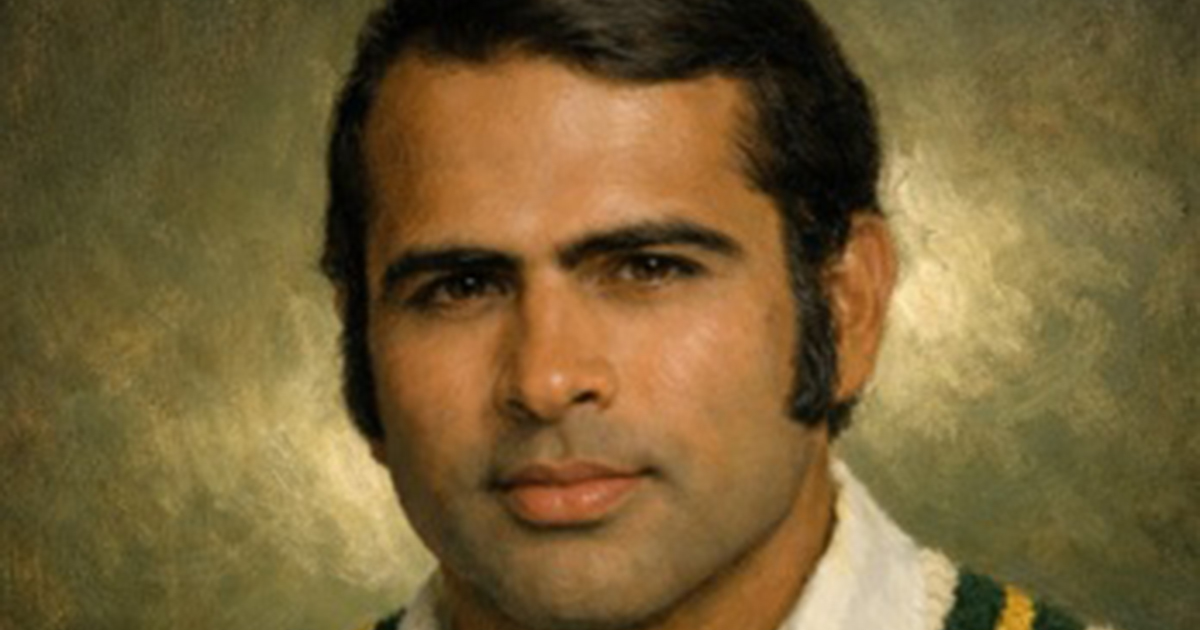New book recounts murder of AFP reporter during US civil rights movement
JournalismPakistan.com | Published: 30 September 2017
Join our WhatsApp channel
Dr. Kathleen Wickham's new book explores the murder of AFP reporter Paul Guihard during the 1962 desegregation riots at the University of Mississippi. The case remains unsolved despite ongoing investigation efforts.Summary
WASHINGTON - It was the evening of September 30, 1962 when Agence France-Presse (AFP) reporter Paul Guihard arrived at the campus of the University of Mississippi.
Tear gas choked the grounds as US marshals clashed with rock-throwing students and others opposed to the admission of the first African-American to the all-white school known as “Ole Miss.”
Before the night was done, the 30-year-old Guihard would be dead, shot in the back by a bullet that pierced his heart.
He was the only journalist known to have been killed during the civil rights movement which roiled the United States in the 1960s.
His murder was never solved.
Guihard’s death, and the stories of 12 American journalists who covered the violence surrounding the 1962 desegregation of the campus, are the subject of a new book, We Believed We Were Immortal, by Dr. Kathleen Wickham, a professor of journalism at the University of Mississippi.
The book, published by Yoknapatawpha Press, was released Friday to mark the 55th anniversary of Guihard’s murder and the rioting at the University of Mississippi against the enrollment of James Meredith, a black US Air Force veteran.
Wickham, in an interview with AFP, said she was drawn to Guihard’s story because it has largely been forgotten.
“I’ve been personally offended that a reporter was killed and nothing was written about it,” she said. “I wanted him to be recognized.”
She was also determined to try to figure out what happened that night to Guihard on the “Ole Miss” campus, where hundreds of US marshals clashed with several thousand opponents of integration until US troops were sent in to restore order.
“I’ve worked on it as an investigation to try to determine who murdered him,” she said. “Because someone out there knows what happened.”
The Civil Rights Division of the US Department of Justice closed its investigation into Guihard’s death in 2011 without filing any charges and Wickham, despite her intensive digging, was unable to reach any definitive conclusions.
“Though theories abound, Paul’s murder remains a mystery,” she writes in the book.
What is clear is that Guihard was deliberately targeted that evening. The .38 calibre bullet that killed him was fired into his back from less than a foot away, according to the autopsy report.
Guihard’s final day
The son of an English mother and a French father, Guihard grew up in St. Malo on France’s west coast and served in the British Army in Cyprus, according to the book.
A burly man with red hair and a red beard, Guihard was a copy editor in AFP’s New York bureau when he was sent to Mississippi to cover the conflict surrounding desegregation, according to the book.
Guihard was accompanied on his final assignment by a photographer, Sammy Schulman, a 56-year-old New Yorker.
After flying from New York to Jackson, Mississippi, Guihard and Schulman rented a white Chevrolet and headed to governor’s mansion, where 3,000 people were attending a rally against integration sponsored by the White Citizens Council, the book recounts.
After the rally, Guihard went to interview the executive director of the White Citizens Council and filed what was to be his last story from the offices of the group, Wickham writes.
Guihard and Schulman then decided to drive to the University of Mississippi in Oxford, about four hours away.
During the drive they listened on the radio to an 8:00 pm speech by President John F. Kennedy, who had ordered US marshals to enforce court rulings that Meredith be allowed to attend classes at the University of Mississippi.
Guilhard and Schulman arrived at the troubled campus around 8.40 pm, shortly after Kennedy’s speech had concluded, and were stopped by a Mississippi State Highway patrolman.
“I can’t guarantee your life or property if you drive in,” Wickham quoted the patrolman as warning the pair.
Guilhard and Schulman acknowledged the warning and continued on to the campus, parking their car and agreeing to meet up again at the vehicle in an hour.
Less than 10 minutes later Guihard was dead. - AFP/Photo: AFP
KEY POINTS:
- Paul Guihard was killed during the civil rights movement in Mississippi.
- His murder, never solved, has been largely forgotten in history.
- Wickham's book commemorates the 55th anniversary of Guihard's death.
- The book highlights the stories of journalists covering the desegregation conflict.
- Guihard's case remains a mystery despite thorough investigations.

























